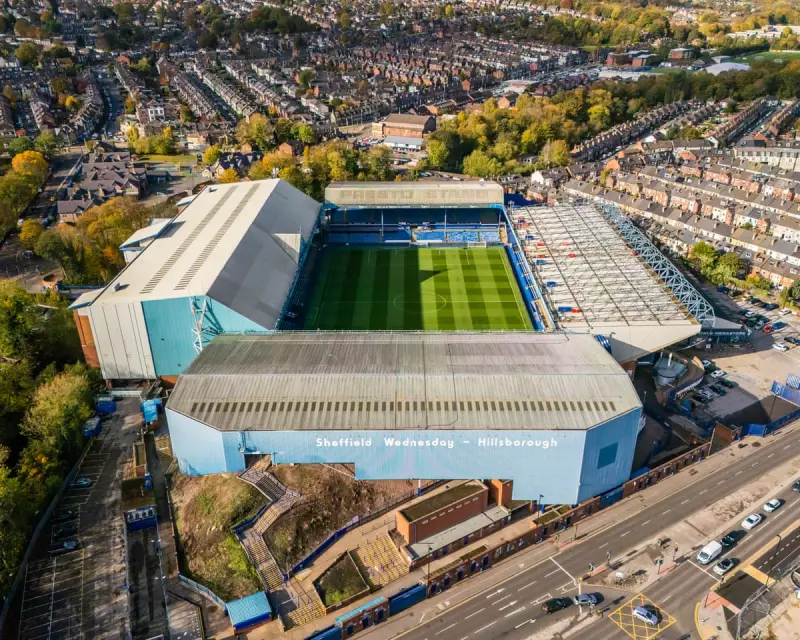
Hillsborough Stadium, once a fortress of English football, now stands as a monument to mismanagement and broken promises. The story of Sheffield Wednesday's dramatic decline under Thai businessman Dejphon Chansiri reads like a cautionary tale for the modern game.
A Club Steeped in History Brought to Its Knees
When Chansiri arrived in 2015, optimism swept through the blue half of Sheffield. The Thai seafood magnate promised Premier League football and financial stability. A decade later, the reality couldn't be more different.
The financial situation has become increasingly dire, with the club facing multiple winding-up petitions over unpaid taxes. Players have experienced delayed wages, while suppliers report outstanding bills running into millions.
The Managerial Merry-Go-Round
Stability has been notably absent from the dugout. The club has churned through managers at an alarming rate, with few given the time or resources to build a competitive squad. This revolving door policy has created a culture of short-term thinking and tactical confusion.
Fan Relations Hit Rock Bottom
Perhaps the most damaging aspect has been the complete breakdown in communication between ownership and supporters. Protest banners have become a regular feature at Hillsborough, with fans expressing their frustration through organised demonstrations and social media campaigns.
"We feel like hostages in our own club," one lifelong supporter told us. "The connection between the boardroom and the stands has been completely severed."
Where Did It All Go Wrong?
- Financial mismanagement: Questionable spending on transfers and wages without sustainable revenue streams
- Communication breakdown: Alienation of the fanbase through poor PR and dismissive statements
- Footballing decisions: Lack of coherent strategy in player recruitment and managerial appointments
- Infrastructure neglect: Failure to invest in youth development and club facilities
The Human Cost of Crisis
Beyond the balance sheets and league tables, the real tragedy lies in the impact on staff, players and the community. Local businesses that rely on matchday revenue have suffered, while dedicated employees work under a cloud of uncertainty.
The club's very identity is at stake. Sheffield Wednesday represents more than just a football team; it's an integral part of the city's social fabric, with generations of families sharing memories within the Hillsborough stands.
Is There a Way Back?
While the situation appears bleak, football history shows that even the most troubled institutions can recover. However, this requires either a dramatic change in approach from the current ownership or new investment that understands the club's cultural significance.
The road to recovery will be long and painful, but for the sake of Sheffield Wednesday's loyal supporters and English football heritage, hope remains that this sleeping giant can eventually awaken from its nightmare.





